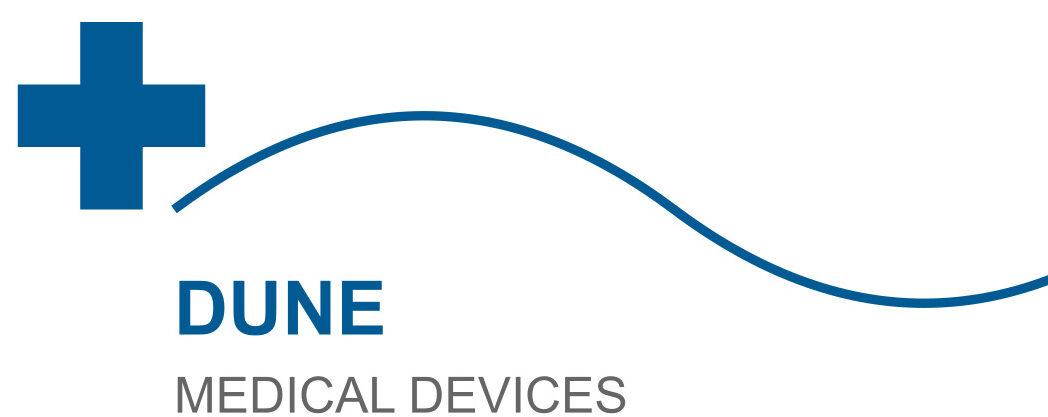Who Orders Supplies for Hospitals? A Deep Dive into Hospital Supply Chain Management
Hospitals are complex ecosystems where every second counts, and the right supplies can mean the difference between life and death. But have you ever wondered who ensures that hospitals have the necessary medical supplies, equipment, and pharmaceuticals? The answer lies in the intricate world of hospital supply chain management—a field that blends logistics, procurement, and healthcare expertise. In this guide, we’ll uncover the key players, processes, and strategies that keep hospitals running smoothly—and how mastering this system can lead to financial success and career growth.
The Key Players in Hospital Supply Chain Management
The hospital supply chain involves multiple stakeholders, each playing a critical role in ensuring seamless operations. Understanding these roles can help you identify lucrative opportunities in healthcare logistics.
1. Supply Chain Managers
These professionals oversee the entire procurement process, from vendor selection to inventory management. Their responsibilities include:
- Negotiating contracts with suppliers
- Ensuring cost-effective purchasing
- Maintaining compliance with healthcare regulations
2. Procurement Specialists
Procurement specialists focus on purchasing medical supplies, equipment, and pharmaceuticals. They work closely with clinical staff to determine needs and source high-quality products.
3. Clinical Staff (Doctors & Nurses)
While they don’t place orders directly, doctors and nurses often influence purchasing decisions by specifying which products are most effective for patient care.
The Hospital Procurement Process: A Step-by-Step Guide
Efficient procurement is the backbone of a successful hospital supply chain. Here’s how the process typically works:
Step 1: Needs Assessment
Hospitals evaluate their inventory and identify shortages or upcoming requirements.
Step 2: Vendor Selection
Procurement teams compare suppliers based on price, quality, and reliability. Partnering with trusted vendors like Dune Medical Devices Inc. ensures consistent supply.
Step 3: Order Placement
Orders are placed through digital platforms or direct contracts, often using group purchasing organizations (GPOs) for bulk discounts.
Step 4: Delivery & Inventory Management
Supplies are received, inspected, and stored in designated areas. Automated systems track stock levels to prevent shortages.
Challenges in Hospital Supply Chain Management
Despite its importance, the hospital supply chain faces several hurdles:
1. Supply Shortages
Global disruptions (like pandemics) can lead to critical shortages of essential items.
2. Cost Pressures
Hospitals must balance quality with affordability, often negotiating bulk deals to cut costs.
3. Regulatory Compliance
Strict healthcare regulations require meticulous documentation and quality control.
How to Optimize Hospital Supply Chain for Profitability
By implementing best practices, hospitals—and savvy entrepreneurs—can turn supply chain management into a revenue-generating powerhouse.
1. Leverage Technology
AI-driven inventory systems reduce waste and predict demand accurately.
2. Build Strong Supplier Relationships
Long-term partnerships with reliable vendors ensure priority access to high-demand supplies.
3. Focus on Cost-Efficiency
Bulk purchasing and GPO memberships can slash expenses by up to 30%.
| Strategy | Potential Savings |
|---|---|
| Bulk Purchasing | 15-30% |
| GPO Membership | 10-25% |
| Automated Inventory Systems | 5-20% |
Why Hospital Supply Chain is a Goldmine for Entrepreneurs
The healthcare supply industry is valued at over $200 billion annually, with massive growth potential. By entering this space—whether as a supplier, consultant, or logistics expert—you can tap into a recession-proof market. Companies like Dune Medical Devices Inc. have thrived by providing high-quality medical supplies to hospitals nationwide.
Key Opportunities:
- Medical Supply Distribution: Become a middleman connecting manufacturers and hospitals.
- Logistics Optimization: Help hospitals streamline their supply chains for maximum efficiency.
- Consulting Services: Advise healthcare facilities on cost-saving procurement strategies.
Conclusion: Unlock Your Success in Hospital Supply Chain
Mastering the hospital supply chain isn’t just about keeping shelves stocked—it’s about unlocking a lucrative career or business opportunity in a thriving industry. Whether you’re a healthcare professional looking to advance or an entrepreneur seeking a profitable niche, the supply chain offers endless potential.
Ready to take the next step? Visit our shop for premium medical supplies or contact us to explore partnership opportunities today!
FAQs About Hospital Supply Chain Management
Who is responsible for ordering supplies in a hospital?
Hospital procurement teams, including supply chain managers and purchasing specialists, handle ordering. Clinical staff may provide input on product preferences.
How do hospitals manage supply shortages?
Hospitals use predictive analytics, diversify suppliers, and maintain safety stock to mitigate shortages.
What is a Group Purchasing Organization (GPO)?
GPOs negotiate bulk discounts for member hospitals, reducing procurement costs by up to 25%.
Can individuals or small businesses supply hospitals?
Yes! Many hospitals work with small suppliers. Partnering with established distributors like Dune Medical Devices Inc. can help you break into the market.
How can I start a career in hospital supply chain management?
Begin with certifications in healthcare logistics or procurement. Networking with industry professionals and gaining experience in medical sales or distribution can also open doors.
